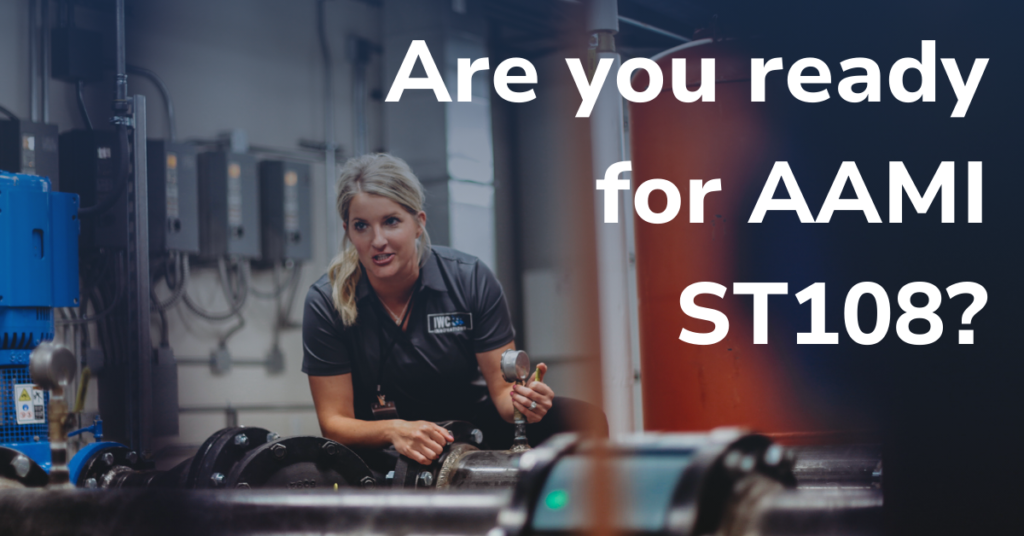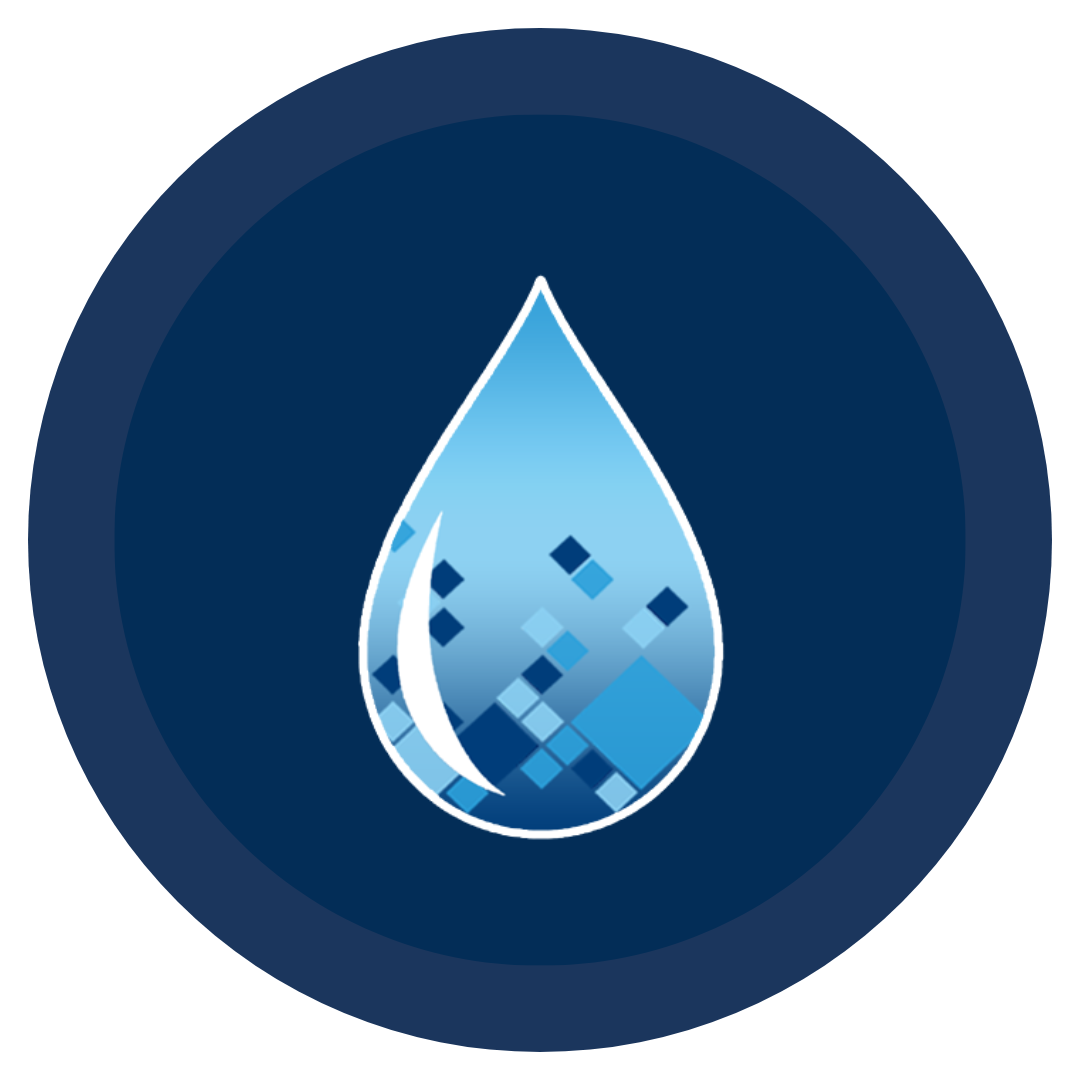In the healthcare industry, maintaining high standards of cleanliness and safety is non-negotiable. One of the critical standards that professionals must be aware of is the Joint Commission AAMI ST108 standard. But what exactly does this standard entail, and why is it so important? Let’s dive into the details.
The Joint Commission: Ensuring Quality in Healthcare
The Joint Commission is a non-profit organization that accredits and certifies healthcare organizations and programs across the United States. Earning accreditation from the Joint Commission is a hallmark of quality, reflecting an organization’s commitment to meeting rigorous performance standards. They focus heavily on patient safety and continuous improvement, making their accreditation highly sought after.
AAMI ST108: Setting the Bar for Sterile Processing
The AAMI ST108 standard, developed by the Association for the Advancement of Medical Instrumentation (AAMI), provides detailed guidelines for the cleaning, disinfection, and sterilization of reusable medical devices. The primary goal of this standard is to ensure that medical instruments and devices are processed correctly to prevent healthcare-associated infections (HAIs) and ensure patient safety.
Key Components of the Joint Commission and AAMI ST108 Collaboration
- Enhanced Compliance and Quality Assurance: By incorporating AAMI ST108 into its accreditation process, the Joint Commission helps healthcare organizations adhere to best practices for sterile processing. This ensures that medical devices are cleaned, disinfected, and sterilized effectively, reducing the risk of infections and enhancing patient safety.
- Comprehensive Guidelines: AAMI ST108 offers detailed procedures for handling medical devices, including specific cleaning, disinfection, and sterilization processes. It also includes quality control measures, such as using biological and chemical indicators to verify sterilization efficacy.
- Documentation and Traceability: The standard emphasizes the importance of maintaining thorough records of all sterile processing activities. This helps ensure traceability and accountability, aiding in the investigation of any potential issues that may arise.
- Training and Education: Continuous training and education are vital components. The Joint Commission and AAMI both stress the need for sterile processing staff to stay updated with the latest standards and best practices to maintain a high level of competency.
Why Compliance Matters
So, why is it crucial to comply with the Joint Commission and AAMI ST108 standard?
- Patient Safety: Proper adherence to these standards helps prevent HAIs, ensuring that patients are not exposed to potentially life-threatening infections through reusable medical devices.
- Regulatory Compliance: Meeting these standards helps healthcare facilities comply with regulatory requirements, avoiding penalties and maintaining their accreditation status.
- Operational Efficiency: Standardized procedures and robust quality control measures lead to more efficient operations within sterile processing departments, reducing errors and improving workflow.
- Reputation and Trust: High standards of cleanliness and safety enhance a healthcare facility’s reputation, building trust among patients, staff, and regulatory bodies.
Implementing the AAMI ST108 Standard
Implementing the AAMI ST108 standard requires a comprehensive approach:
- Staff Training: Ensuring that all sterile processing staff are thoroughly trained in the procedures and guidelines outlined in the standard.
- Equipment Maintenance: Regular maintenance and calibration of cleaning, disinfection, and sterilization equipment to ensure optimal performance.
- Quality Assurance: Establishing a robust quality assurance program to monitor compliance and continuously improve processes.
- Expert Consultation: Partnering with experts in the field, like IWC Innovations, to provide guidance and support in implementing and maintaining compliance with the AAMI ST108 standard.
Achieve Compliance with the Joint Commission AAMI ST108 Standard with IWC Innovations
The Joint Commission AAMI ST108 standard is a critical guideline for ensuring the safe and effective processing of reusable medical devices. By adhering to these stringent requirements, healthcare facilities can protect patient safety, comply with regulatory standards, and improve operational efficiency. At IWC Innovations, our team of experts specializes in helping healthcare facilities implement the AAMI ST108 standard. We provide comprehensive guidance and support to navigate the complexities of compliance and achieve the highest standards of sterile processing. Contact IWC Innovations today to ensure your facility meets these crucial standards with confidence and ease.






